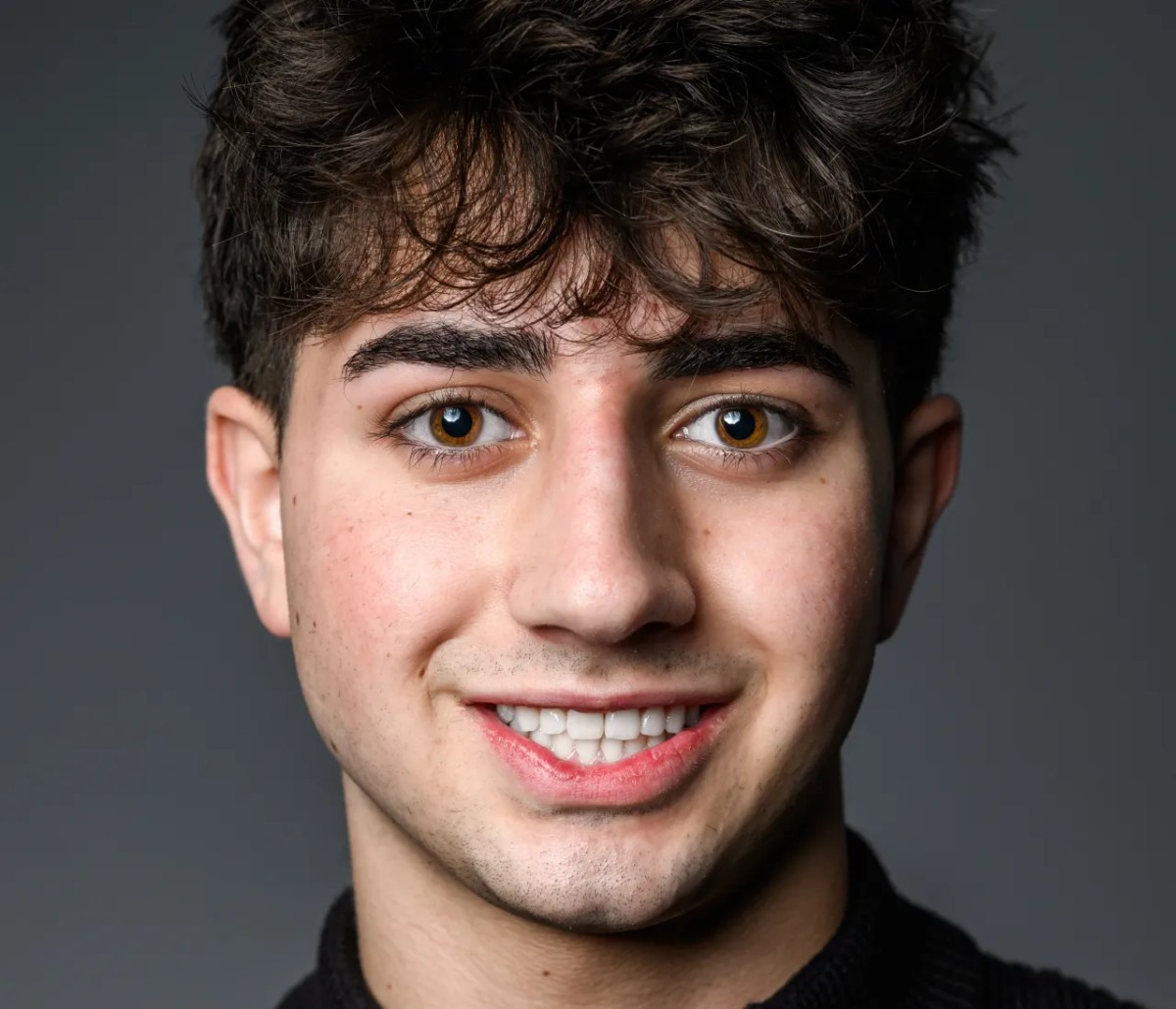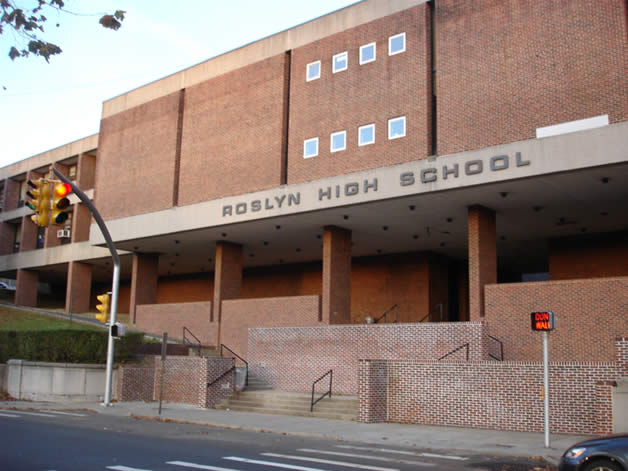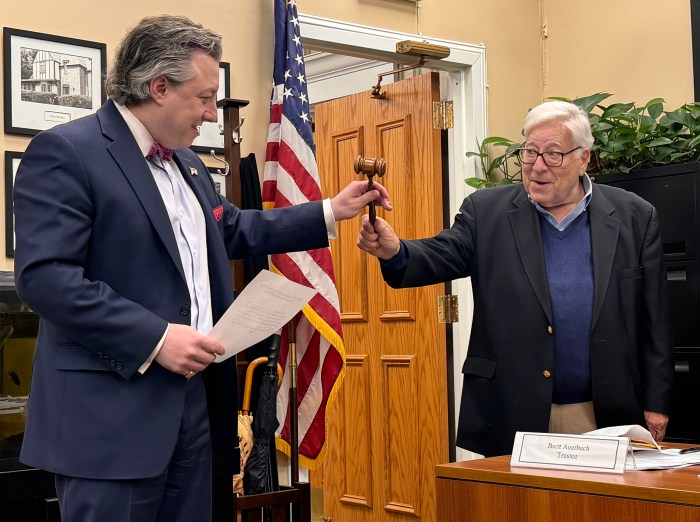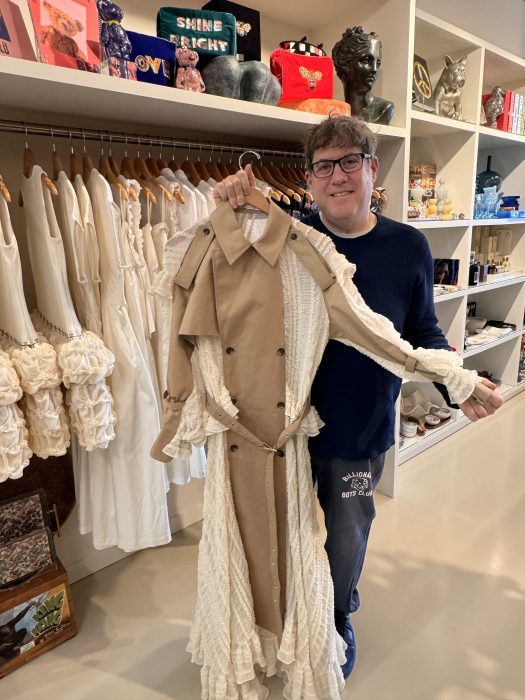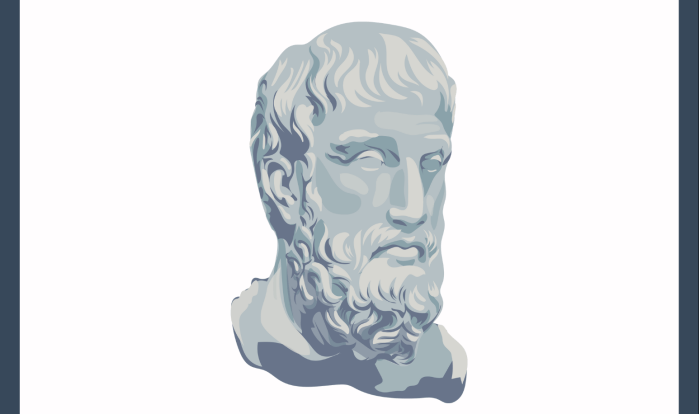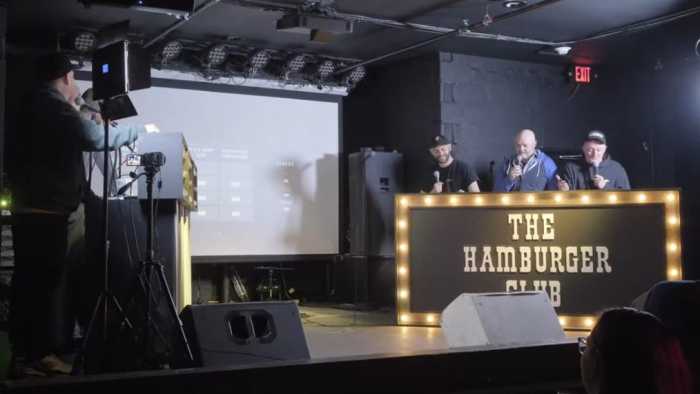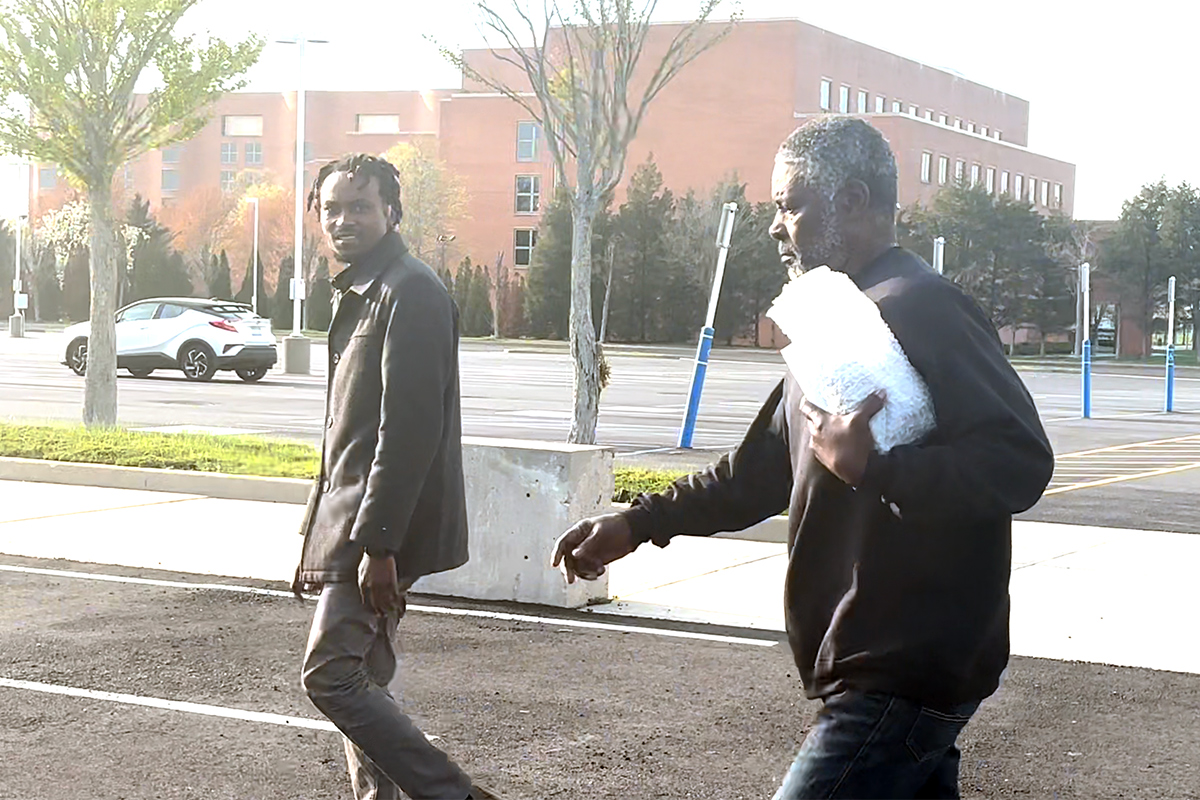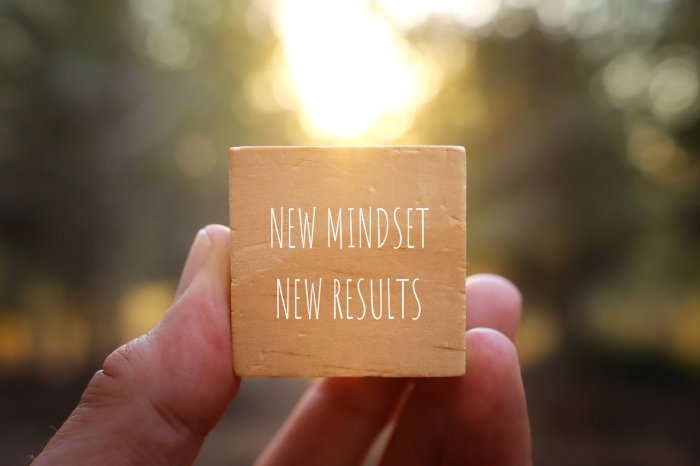Deciding which college to attend isn’t the only life milestone 18-year-old Zachary Yadegari of Roslyn faces. Yadegari is the co-founder and CEO of the calorie-tracking app Cal AI, which he said has generated over $30 million in revenue since its launch in April 2024.
More than 3.5 million people have downloaded Cal AI, which purports to analyze the number of calories and macronutrients in food by scanning an image through an AI algorithm.
Yadegari utilizes X to create partnerships with influencers and connect with other entrepreneurs to expand his app.
However, the Roslyn teen, who told Forbes in November 2024 how he takes inspiration from Facebook founder Mark Zuckerberg, has recently sparked an international controversy on his personal X page.
After receiving rejection letters from every Ivy League university as well as MIT and Stanford, Yadegari posted his college admissions essay on his profile, along with his 34 ACT score and 4.0 GPA.
In a few days, more than 30 million users viewed the post and flooded Yadegari’s comments with both praise and criticism.
Some users said universities like Harvard and Yale aren’t good enough for him, while others said Yadegari’s essay focused solely on the success of his app and came off as self-centered.
Yadegari’s essay created so much discussion that newspapers across the globe, such as The Independent in the United Kingdom and India Today, pitched in over the debate on whether the essay should have gotten him into a top-20 university.
Despite the sudden stream of international media attention, Yadegari said he still wants to pursue higher education and is deciding between Georgia Tech, Emory University, the University of Miami and the University of Texas.
But he is not slowing down with his app.
Health tracking apps like Cal AI face fierce competition in a market that demands users’ constant attention. Yadegari said what makes his app unique when compared to competitors like MyFitnessPal is Cal AI’s ease of use.
“Cal AI is the app that can do anything that the previous [apps] could with the addition of the AI scanner, which will make your life so much easier, it will save you so much time,” Yadegari said. “It’s the most inexpensive, premium calorie tracker on the market right now.”
Monthly subscriptions start at around $10, and Yadegari said the scanning technology is more than 90% accurate, at least if you scan the right foods.
When scanning foods with only one ingredient, like an apple, the AI algorithm will detect the food based on a dataset with hundreds of foods listed and give nutritional information like calories, carbs, protein and fat based on that image recognition.
But foods with many ingredients or that might have ingredients layered throughout, like a salad, will cause the image scanner to show less accurate results, Yadegari said. In those cases, manually inputting each ingredient would yield more accurate results.
On Cal AI’s website, the company claims that nutritionists are only around 60% accurate when predicting a food’s nutritional value compared to their app.
Yadegari said the company has consulted with nutritionists in the past but that the team of 17 full-time employees, whom he primarily connected with through X, formerly known as Twitter, has become more knowledgeable about nutrition since starting the company.
“Everyone on the team has always been very health-oriented, and so we are very self-taught about nutrition,” Yadegari said. “Most of the co-founders have all taken the time to really learn about the most effective ways to gain weight, lose weight and eat healthy.”
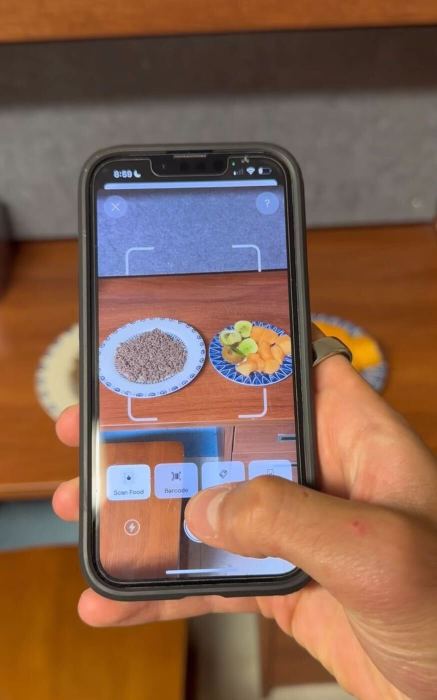
Yadegari’s journey toward Cal AI started when he was 7 and begged his mom to enroll him in a coding camp. Since then, he’s been hooked.
Shortly after starting high school, Yadegari created a website where students could play games on their web browsers, bypassing the district’s filters so that they could play games in class. At 16 years old, Yadegari said he sold the website for more than $100,000 after it reached over 5 million visitors.
Yadegari then started building his first apps, like Grind Clock, an alarm clock that wakes users in the morning to the sounds of “motivational speakers” like Steve Harvey, David Goggins, and Andrew Tate.
Wanting to expand, Yadegari consulted with fellow tech entrepreneur Blake Andreson, who generated over $5 million from his company RizzGPT, an app that creates responses to dating app messages.
The pair then launched Cal AI in April 2024, which Yadegari said has generated over $30 million in annual revenue.
Yadegari said Cal AI will expand even further as he prepares for college.
His next planned feature is a body scanner, which Yadegari said will break down a person’s fat and muscle percentages just by scanning an image.
“That’s also an AI model, and it’s just been trained on a ton of body images,” Yadegari said.
For more information on Cal AI, visit calai.app.




